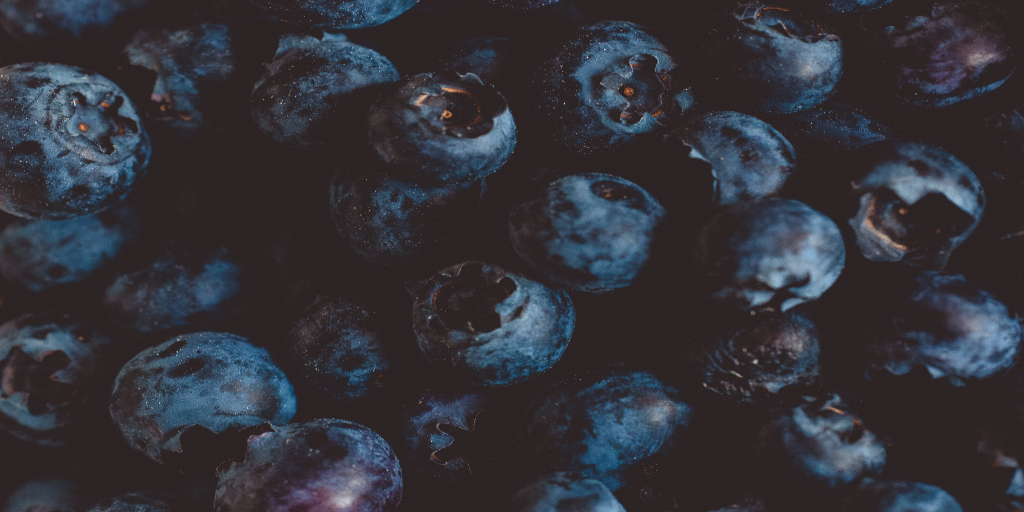We are told that supporting local businesses is crucial to a strong economy and environment. While certainly true, the term “local” is being thrown around too haphazardly nowadays. There are many secrets hidden within this local trend. Keep reading to learn the biggest secrets that farmers markets don’t tell you.
Curious to learn more about what makes a food “local”? This blog post explains everything.
The “local” requirements – or lack thereof
The biggest misconception is that people think all products in a farmer’s market are “locally” made or grown. This is false, especially in large, urban centres. The fact is, a farmer’s market has no requirement to offer solely local products.
I encourage you to run an experiment: if there is a farmers market near you, visit it and walk through the stalls. What types of foods do you see? Are there exotic fruits like bananas, mangoes, dragon fruit? What season is it? If farmers markets in Ontario were offering only locally grown, seasonal foods, at this time of year you would only see things like squash, pears, potatoes, apples, plums, beets, carrots and other similar produce items. If you are seeing things like rhubarb, cherries, cantaloupe, apricots or berries, those items are either a) grown in another province or country, b) grown in an energy and water-sucking greenhouse or c) both not locally or sustainably grown.
Try out the experiment I mentioned and share your results in the comments!
What can you do about this? Check out a produce guide for your home town. This extensive list is perfect for breaking down the growing seasons in Ontario. You can print this off and stick it on your fridge or wall for quick reference, or if you do the farmers market experiment, bring it with you and check it every time something seems off. You’ll know not to buy from these providers because they aren’t supporting local sustainable practices.
To learn more about shopping for groceries sustainably, check out this post.
Vendors may outright lie to your face
This was apparent in a documentary I recently watched by CBC News. When asked if certain produce items were grown locally, some vendors lied by saying they were, even though boxes hidden under the booth or being loaded into trucks said otherwise. These vendors are smart because they know people at farmers markets are willing to pay a premium price for “better” produce. The average customer won’t ask follow-up questions beyond whether a product is locally grown or not. They know this, and so most of the time they can get away with lying about their products.
What can you do about this? Ask those follow-up questions. First, ask the vendor if the product was grown locally. Next, start asking about the harvesting practices and accessibility. Where is the farm? How long has it been around? Is it family run, and if so who is the family? Can customers come for a tour? These types of questions will be a breeze for honest vendors, and they will eagerly answer these types of questions. Posers will feel the pressure and stumble over their answers. If you notice them stumbling, try asking the same questions again in a different way and see if they change their answers at all. You’re essentially being a food detective, and while you may feel uncomfortable asking these questions, you are doing the real local sellers a favour by identifying those that are taking the business away from the local community.
“Natural,” “no chemical additives” and other empty promises
Did you know that the term “natural” is not regulated in Ontario? Consumers are often unaware of this, and so they fall into this greenwashing trap, paying more for empty claims.
Only the term “organic” requires going through a certification process in Ontario. Even then, products coming from outside of the province are not subject to the same standards and therefore do not need to go through the same certifications like the term “organic.” In other words, “natural” is simply a word in the marketing world used to create an imaginary premium on regular products.
What can you do about this? Steer clear of businesses promoting “natural” foods without actual certifications. Look for words like “certified organic” and “fair trade” instead; if products boast the logos for these proper terms, they had to have gone through a rigorous certification process (otherwise they are using the terms illegally). People will pay for quality products. Real farmers will be proud of their honest, raw products.
Now that you know some of the largest kept secrets about farmers markets you are ready to make informed decisions the next time you visit one. Remember, “local” and “natural” are commonly misused words that can take business away from the real community farmers. Being aware and asking the right questions while shopping means you are contributing to the demand for honest marketing and local economic growth.
Have you ever had a questionable experience at a farmers market? If you watched the CBC News documentary, what are your thoughts on the points they make? Let me know in the comments!




